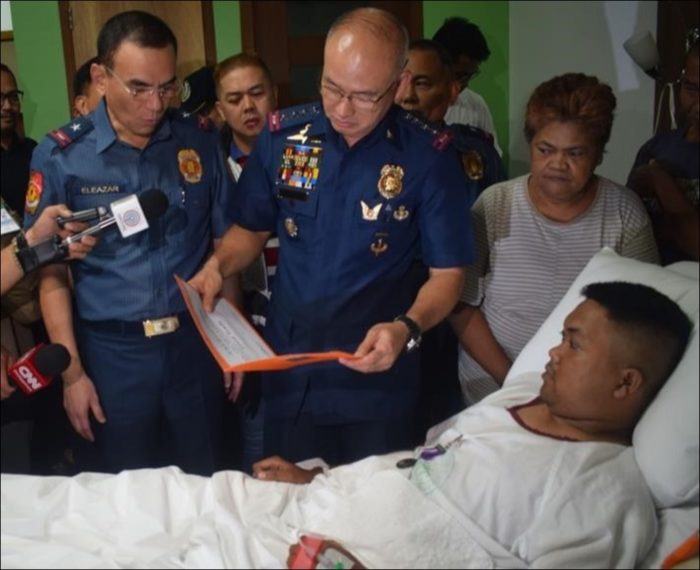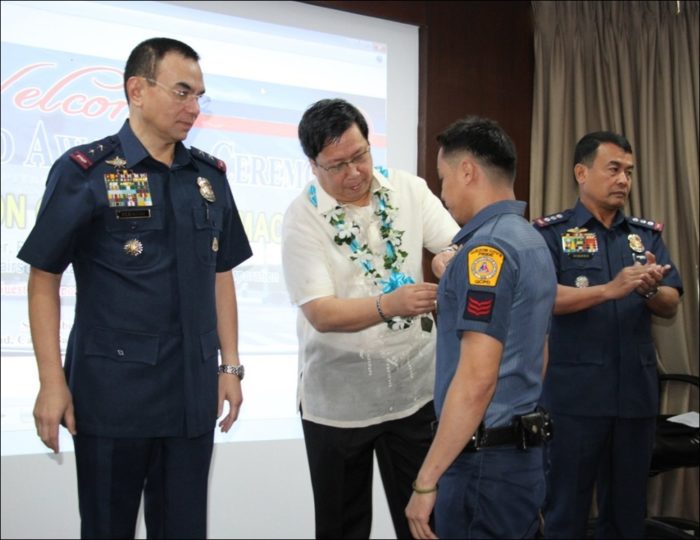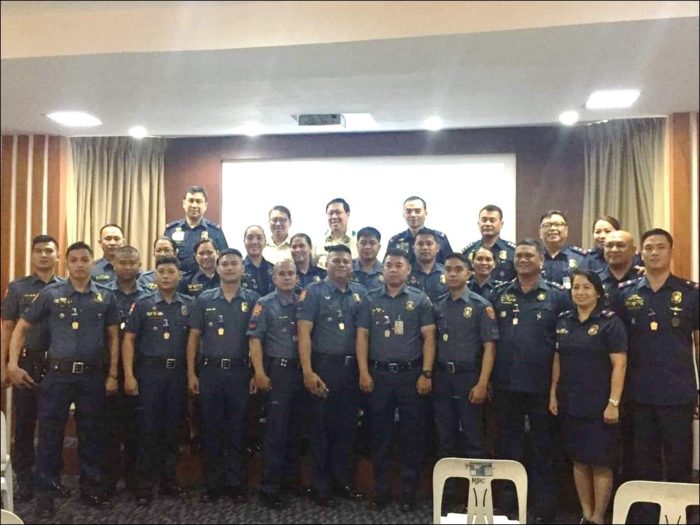Rogue, ninja cops or scalawags are the worst criminals in society. This is because they use and abuse their authority to perform illegal activities and prey on civilians who trust in their badges. Instead of helping the country get rid of criminals they help propagate illegal and immoral acts that ruin lives. Don’t you think it’s about time for the PNP leadership to take a firm and consistent stance on cleaning their ranks? PNP NCRPO Chief Eleazar has shown that he will not tolerate bad cops under his watch but will this be enough to get rid of the scalawags?
Just like any organization the PNP also has its own share of rotten eggs. But not all eggs in their baskets have gone bad. There are still enough good cops to help get rid of rotten ones, and this is what NCRPO Chief Eleazar intends to do. To get rid of the bad cops and to honor or reward the good police officers. We have seen him berating police scalawags on media reports. These are uniformed officers who were caught moonlighting as escorts for a businessman, “kotong” cops, and one police officer using and peddling drugs. While some people lauded him for cleaning and instilling discipline in the ranks, there were also some who criticise his actions. Criticism that Eleazar brushed aside because he would not tolerate rotten eggs in his organization. If the carrot doesn’t work then maybe it’s time for the stick.

The issue of police scalawags or bad cops has long plagued our country. For cynics out there it can be easy to believe that good police officers are already an endangered species. But as the PNP strengthens its campaign on illegal drugs and internal cleansing, we have also seen the good cops shine in performing their duties. The PNP leadership recently awarded the Medalya ng Sugatan Magiting or PNP Wounded Personnel Medal to some of our good cops. These are:
PO3 Christina Villanueva, PO1 Arman Cañezares, SPO1 Jerry Pascual, PO1 Jonathan Peralta, PO1 Marino Dulagan and PO1 Leo Mar Orence.

The Medalya ng Kagalingan was also awarded to a bunch of good cops including:
Police Chief Inspector Sandie Caparroso, Police Chief Inspector Alfonso Saligumba III, SPO2 Emilio ABoyolen, PO3 Mario Maramag, PO2 Marlon Ico, PO2 Raymund John Sansano, PO1 Eustaquio Nuarin II, PO1 Francis Miko Bose, PO1 Rodel Sibal, PO1 Marvin Fang-asan, PO1 Roy Uanan, PO1 Eddie-son Galpao.

The PNP leadership should continue in recognizing the valiant efforts of good policemen to uphold their mandate, which is to protect and serve. This is because we should also honour good deeds of our police officers while ensuring that the bad ones get punished. It’s the least we can do for people who are willing to risk their lives to protect public safety. Rewarding good performance can also inspire other cops to perform their duties with utmost integrity and efficiency. This is an aspect in NCRPO Chief Eleazar’s campaign that should also be lauded.

Cleaning the ranks of any organization is a daunting task. You need a strong mettle and commitment to succeed if you want any organization to rid itself of rotten eggs. This is why we need to support the PNP in its campaign to discipline and cleanse its own ranks. As NCRPO Chief Eleazar has mentioned, the PNP also need the help of the public for this campaign to succeed. Complaints from the victims or information from tipsters can help catch the rotten eggs in the PNP. However it is up to the PNP leadership to ensure that proper cases are filed against these scalawags so they will also be punished for their deeds.
It’s time for the public to take part in cleaning up corrupt practices in the country, not just in the PNP but in the government as a whole. NCRPO Chief Eleazar is doing his part in cleaning up rotten eggs in his backyard, I hope that he remains committed to this task until only the good eggs are left.


